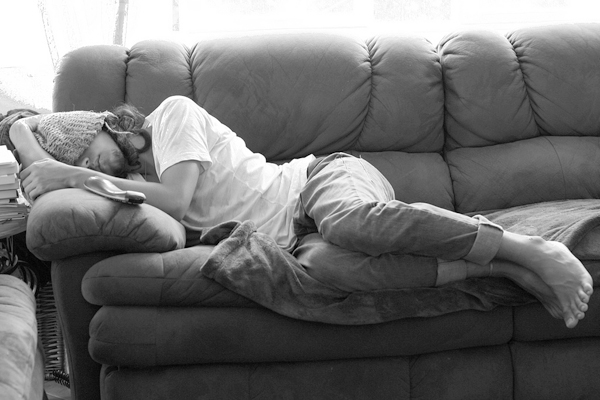- La Feria Community Holds Succesful Business Mixer Event
- Little Nashville to Take Place in Downtown Mercedes
- Lions Basketball Captures District Gold
- La Feria ISD Students Compete in Regional Chess Tournament
- Lions End First Half of 32-4A on a High Note
- La Feria ISD Held Another Successful Parent Conference
- Strong Appearance for Lions at Hidalgo Power Meet
- LFECHS Students Get to Meet Local Actress
- Students Participate in Marine Biology Camp
- Two LFECHS Students Qualify for All-State Band
A Struggle for Many Texans: Getting A Good Night’s Sleep
- Updated: March 13, 2015

Texans lost an hour of sleep this weekend as clocks sprang forward, but for many this was just another day in their regular struggle to get enough rest. Photo: DieselDemon/Flickr.
by John Michaelson/TNS
ABILENE, Texas – Like food, water and oxygen, sleep is one of the basics for human survival, but for many folks, getting a good night’s sleep on a regular basis is little more than a dream. It’s estimated more than a third of adults don’t always get the amount of sleep they need to feel their best.
If you’re among them Dr. Theodore Dyer, medical director of the Hendrick Sleep Disorder Center in Abilene, suggests having a bedtime routine.
“If the time you go to sleep and the time you wake up vary from one day to the next, that kind of works against your ability to be effective in getting to sleep,” Dyer says.
According to a new poll out today from the National Sleep Foundation, pain, stress and poor health all correlate to shorter sleep durations and worse sleep quality for millions of Americans.
Overall, there are about 80 different types of sleep disorders. Dyer says among the most common are insomnia, restless legs syndrome, narcolepsy and sleep apnea. Apnea usually involves narrow or collapsed airways.
“Now you can also have central apneas where the brain either forgets to tell you to breath or is getting bad information so it thinks you’re breathing too much,” Dyer says. “So you don’t breath, but it’s not because you can’t. It’s because your brain is not telling you to breathe.”


